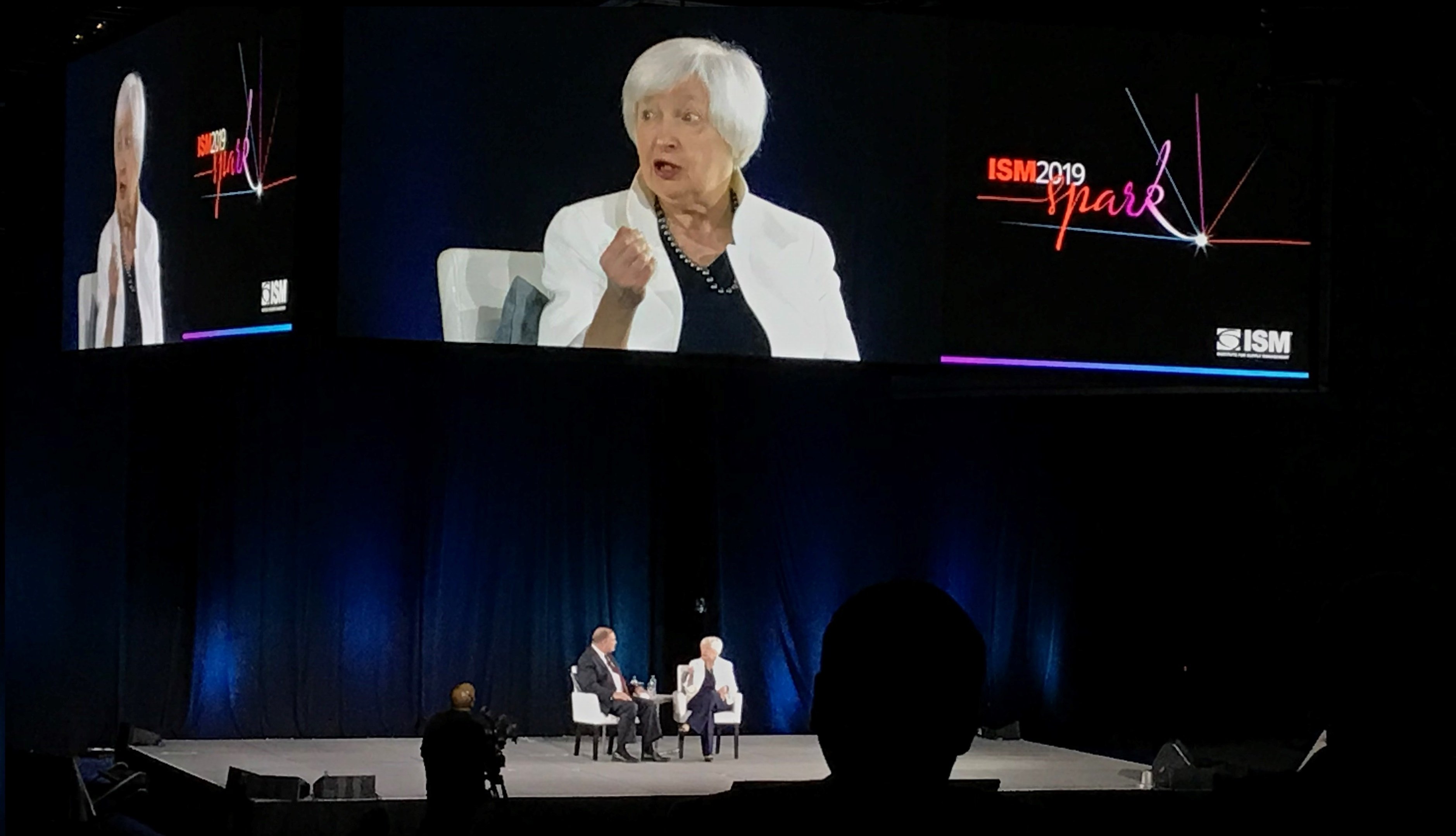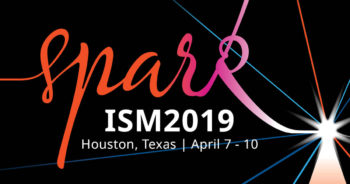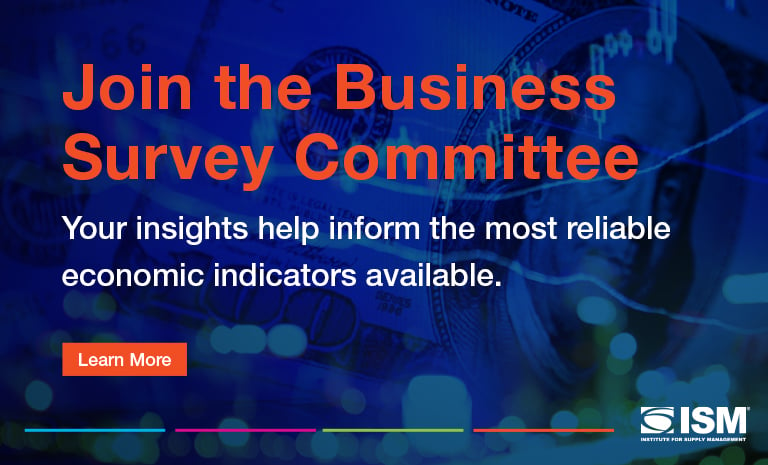Inside Supply Management Magazine
Former Fed Chair ‘Happy’ with theU.S. Economic Outlook
 Former Federal Reserve chair Janet Yellen speaks with Institute for Supply Management®
Former Federal Reserve chair Janet Yellen speaks with Institute for Supply Management®There likely won’t be a recession in the immediate future, due to a variety of economic factors affecting interest rates, the employment participation rate, wages and other measures, Dr. Janet Yellen, chair, Board of Governors, Federal Reserve System (2014-18), told ISM2019 attendees on Tuesday.
“I see a decent year this year,” Yellen says. “We’ve got a slowing global economy. There are risks. There are a lot of uncertainties. But I’m not seeing a recession this year. The way I look at this economy — it’s in good shape.”
 A keynote speaker at ISM2019, Institute for Supply Management®’s Annual Conference in Houston, Yellen painted a positive picture of the U.S. economy that has been resilient amid such uncertainties as Brexit and tariffs/trade turbulence. The U.S. boasts low interest rates, a low (3.8 percent) unemployment and a labor-force participation rate among prime-age workers that is finally beginning to rise.
A keynote speaker at ISM2019, Institute for Supply Management®’s Annual Conference in Houston, Yellen painted a positive picture of the U.S. economy that has been resilient amid such uncertainties as Brexit and tariffs/trade turbulence. The U.S. boasts low interest rates, a low (3.8 percent) unemployment and a labor-force participation rate among prime-age workers that is finally beginning to rise.
The labor-force participation rate among this group (ages 25-54) had been dropping, causing income stagnation and a breakdown in communities and social life, Yellen says: “We’ve even seen, among white Americans, increases in mortality rates in recent years … due to what’s called deaths of despair — opioid, suicides, alcohol. This is a very serious phenomenon that’s been going on for a long time.”
Recently, however, Yellen continues, “it’s been surprising to see how much male and female prime-age labor-force participation has moved up, as most economists, including me, thought that longer-run trends that have been suppressing wages, incomes, labor-force participation — particularly for high-school-educated or less workers — would be continuing or, if anything, intensifying.”
In a tight labor market, wage growth tends to move up rapidly and be reflected in faster inflation. “We’re not seeing that,” Yellen says. “Wage growth has moved up some. It fell as low as 2 percent in 2010-11, in the depths of the downturn in the U.S. economy. And it’s moved back to around 3 percent, depending on what index you use. So, you do see some upward pressure.”
She continues, “Most firms find it hard to hire. There are a lot of vacancies. There are not a lot of workers to fill those vacancies. We’re seeing, for example, that people are feeling good enough about their job prospects” but not to the extent that such moves are causing wages to grow substantially, she says.
Productivity growth is running about 1 percent, Yellen says. “Firms are experiencing labor cost pressures at around 2 percent, or a little below — and that doesn’t threaten 2 percent inflation,” she says. “So, firms right now aren’t experiencing the kinds of pressures on their margins that you’d expect that eventually pressures up inflation.”
Although the economy has slowed from 2018, Yellen maintains that 2 percent growth — this year’s estimate — does not equal a recession in the U.S. “We’d all love it if the productivity growth could be faster, and if the U.S. economy could sustain faster growth with a stable labor market, but the evidence suggests that it can’t,” Yellen says. “So, to see growth slow to the neighborhood of 2 percent — that’s just trend growth in the U.S. In the current situation … I would be very happy with the outlook if I were in my old job.”


